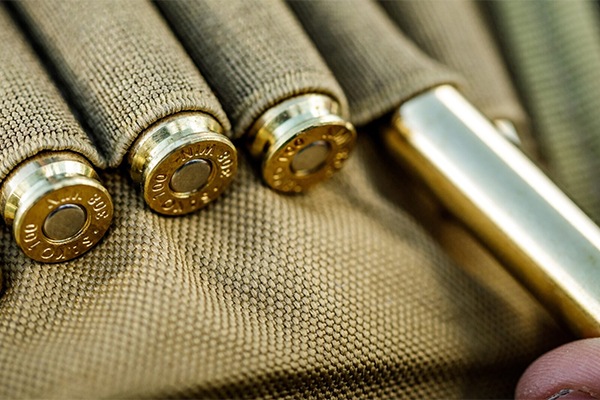
Lead ammunition restrictions – your questions answered
Read our answers to frequently asked questions about the planned lead ammunition legislation and what it means for shotgun, rifle and airgun shooters.
Get information on the legal shooting season for mammals and birds in the UK.
Apply for funding for your project or make a donation today
Comprehensive information and advice from our specialist firearms team.
Everything you need to know about shotgun, rifle and airgun ammunition.
Find our up-to-date information, advice and links to government resources.
Everything you need to know on firearms law and licensing.
All the latest news and advice on general licences and how they affect you.
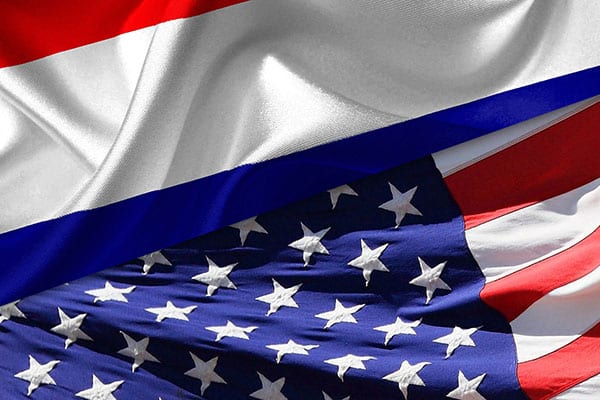

Our friends from overseas provide an insight into how hunters in their regions have adapted to using non-lead ammunition.
In the United States, the US Fish and Wildlife Service banned the use of lead shot for waterfowl hunting in 1991. Initially, there was very strong resistance from the hunting community, resulting in numerous lawsuits with stakeholders.
Through strict legal enforcement and flexibility from ammunition makers and distributors, hunters have largely complied with this law and accepted that non-lead shot is now ingrained in the waterfowl hunting culture in the United States.
Today, many state and federal hunting areas require hunters to use non-lead ammunition when hunting all species – not just waterfowl. These regulations have been met with similar criticisms and resistance from the hunting community, indicating that hunters will need time to adjust them. The benefits of using non-lead ammunition are grounded in the scientific literature, but hunters (for the most part) seem slow to accept the evidence.
Transitioning from lead to non-lead alternatives can have far-reaching positive effects for the environment (e.g. reduced lethal effects of lead consumption on scavengers) and human health (e.g. reduced consumption of lead fragments in harvested game).
Many non-governmental agencies and state wildlife agencies provide informational workshops to show the benefits of using non-lead alternatives to new hunters. The results of these efforts are still unclear. There are also state-driven efforts in the United States to ban use of all lead ammunition. Indeed, this is currently the law in California.
Although most states are not considering this type of regulation at present, state agencies are espousing that hunters transition from lead to non-lead ammunition alternatives wherever they hunt, including private lands and lands not legally requiring non-lead ammunition for hunting.
A widely criticised drawback to non-lead regulations is that ammunition makers and distributors are having a difficult time branding and stocking non-lead alternatives for the many rifle calibres and shotgun gauges that hunters use in the United States.
These groups have done a good job of clearly labelling if shotgun ammunition is compliant for waterfowl hunting – likely because of regulatory pressures and also because they have had almost 30 years to improve marketing and sales after the lead-shot ban was implemented. However, non-lead upland gamebird shotgun loads and rifle ammunition are either unavailable or ambiguously marked as a non-lead alternative.
If there is not a market-driven incentive to change, this might remain a critical constraint for hunters who want to use non-lead alternatives.
In the Netherlands lead shot was banned almost 25 years ago. That was only a few years after I passed my hunting exams and got my licence. As virtually all of the Netherlands can be considered wetland, it was a ban for the use of lead shot in the whole country. The main reason for banning lead shot was the toxicity risk for birds.
Initially the Dutch hunters complained and moaned about the quality of the substitutes for lead shot, and – of course, because we’re Dutch – about the price.
Admittedly, the quality of the first bismuth shot cartridges was not great. One would regularly shoot either a solid slug-style projectile or a cloud of bismuth dust rather than proper pellets. After a few years the quality vastly improved and nowadays bismuth cartridges are comparable to lead shot cartridges – in quality, that is.
The modern-day steel shot cartridges are fast, powerful and capable of taking even big birds like Canada geese. The performance of a high velocity steel shot cartridge is comparable to an average lead shot cartridge, and the price is similar.
In my early years as a hunter I personally experienced the transition from lead shot to non-lead shot. In hindsight it was a slight adjustment, although the hunting community at that time was expecting huge changes.
Nowadays I shoot the last few lead shot cartridges I have for my 1953 Liege 16 bore when I visit the UK and Germany, and I’m not quite sure whether I still prefer these over the Alphamax bismuth cartridges I use in the Netherlands and Denmark.
For woodpigeon, goose and crow shooting I use steel shot in my modern 12 bore over-under. It’s effective and cost-efficient. And for large game I have successfully switched to non-lead bullets in my .308win. That performs excellently. For me, shooting non-lead ammunition has become a non-issue.
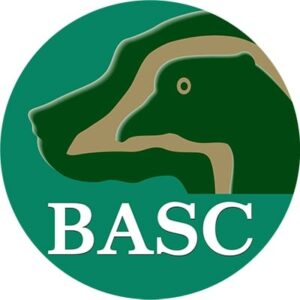

Read our answers to frequently asked questions about the planned lead ammunition legislation and what it means for shotgun, rifle and airgun shooters.
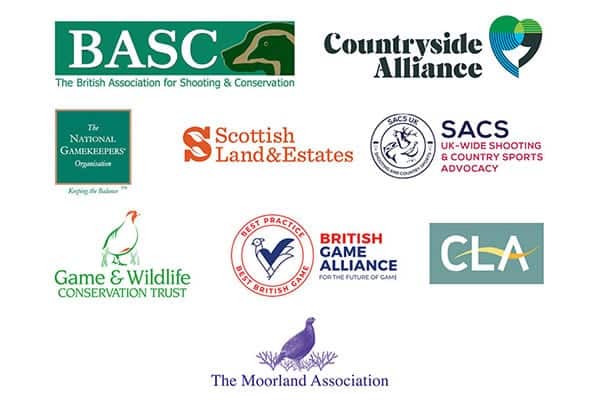
Together we wish to see an end to both lead and single-use plastics in ammunition used by those taking all live quarry with shotguns within five years.
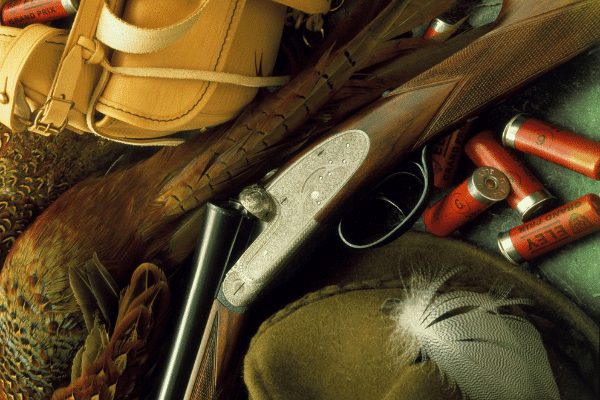
Dr Conor O’Gorman and Dan Reynolds review the HSE proposals for a ban on lead ammunition, BASC’s position, and outline how you can help.